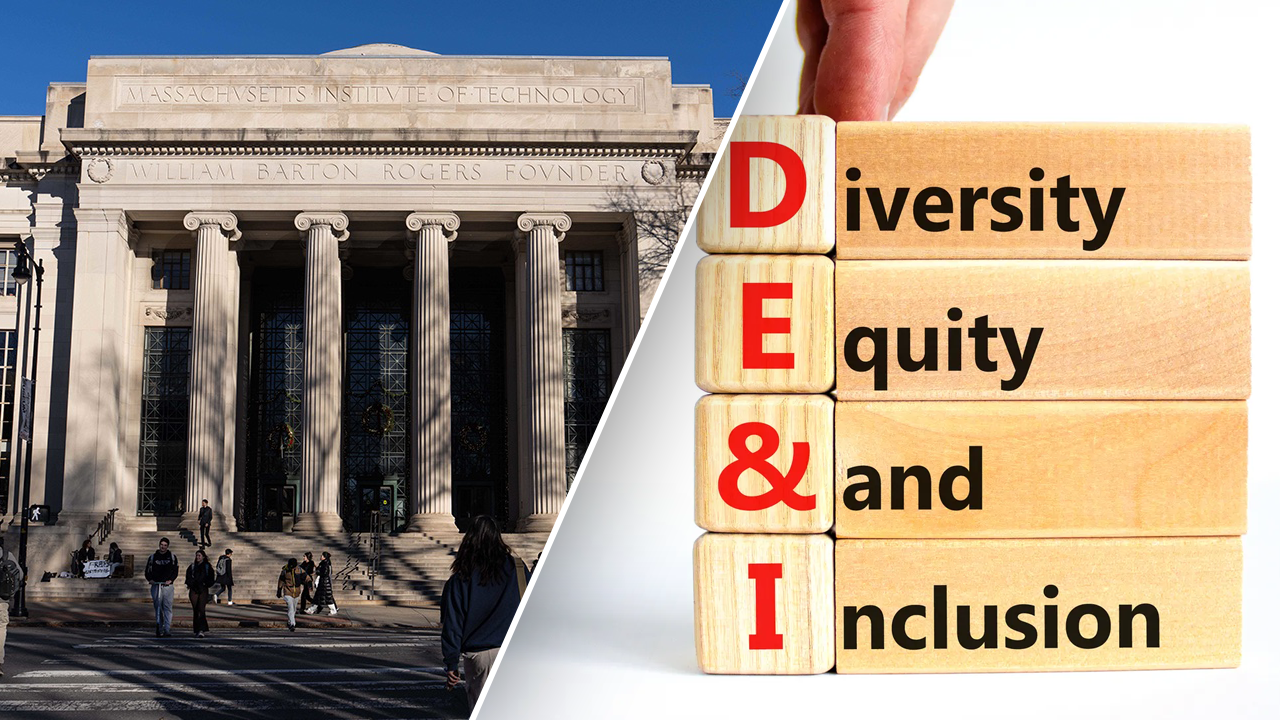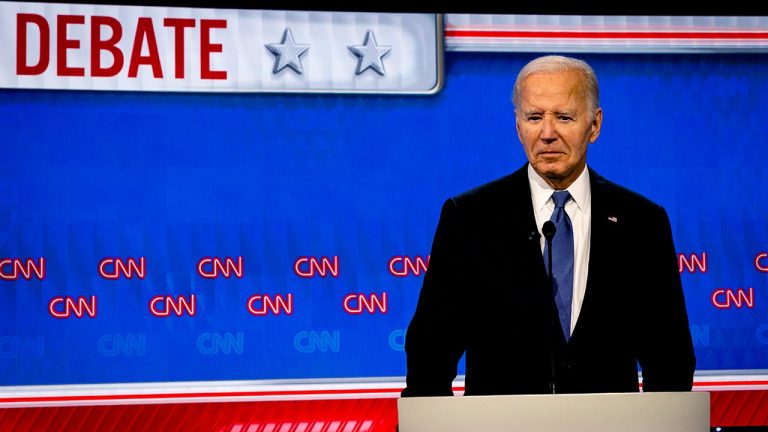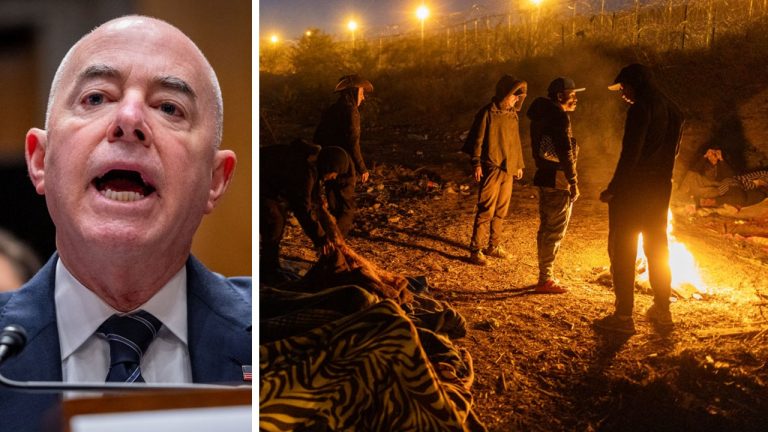Accusation: Red state university favoring Black students with more financial aid
University of Oklahoma students took a stand against alleged racial bias in financial aid by filing a class action lawsuit on Wednesday. The lawsuit claims that the school violated their equal protection clause rights by awarding financial aid based on race, specifically favoring Black students through various “race conscious” programs that span from admission to graduation. Plaintiffs Brayden Johnson, Logan Rhines, and Kayla Savage, all undergraduate students, accused the university of placing a high value on racial diversity, particularly benefiting Black students.
The lawsuit targets prominent university figures, including President Joseph Harroz, chief enrollment officer Jeff Blahnik, director of financial aid services Courtney Henderson, and student engagement director Dorion Billups as defendants. This legal action comes after a landmark Supreme Court ruling in 2023 that declared the use of race in admissions as a violation of equal protection rights, signaling a shift away from prior tolerance towards such programs.
According to the lawsuit, Black students at the University of Oklahoma have been receiving more financial aid grants compared to other racial groups, as indicated by enrollment data reported to the Department of Education from 2009 to 2022. The lawsuit argues that such preferential treatment based on race results in discrimination against non-Black students, such as the plaintiffs, even when adjusting for factors like family income.
The students claimed that the university’s “race-based financial aid decision making” led to them receiving fewer grants than they would have received if financial aid allocations were not influenced by race. In a poignant account, Savage, a senior at the university, recounted how a university official implied that financial aid was not readily available to students like her, insinuating it would have been if she were Black.
The lawsuit highlighted instances of racial exclusivity in campus events and opportunities, notably citing the university’s “Welcome Black Weekend” orientation as an example. The students emphasized the overt nature of this discrimination, asserting that the university’s recent efforts to remove webpages containing information about its diversity and race-based programs made it challenging to fully assess the extent of such initiatives.
The legal action taken by these students adds to a growing trend of challenging diversity, equity, and inclusion (DEI) initiatives in higher education. As universities grapple with balancing diversity objectives and equal treatment for all students, cases like the one at the University of Oklahoma shed light on the complexities and controversies surrounding race-conscious policies in academia.
UNC Chapel Hill recently made headlines for its decision to dismantle DE&I programs and redirect funds towards campus police following anti-Israel protests. This move reflects the ongoing debates and tensions surrounding DEI efforts on college campuses across the country.
Amidst these developments, major donors like the one at Cornell University have withdrawn funding over perceived “toxic” DEI cultures, calling for institutional accountability and leadership changes. The pushback against DEI initiatives underscores the need for transparent and equitable practices in promoting diversity and inclusion in higher education.








